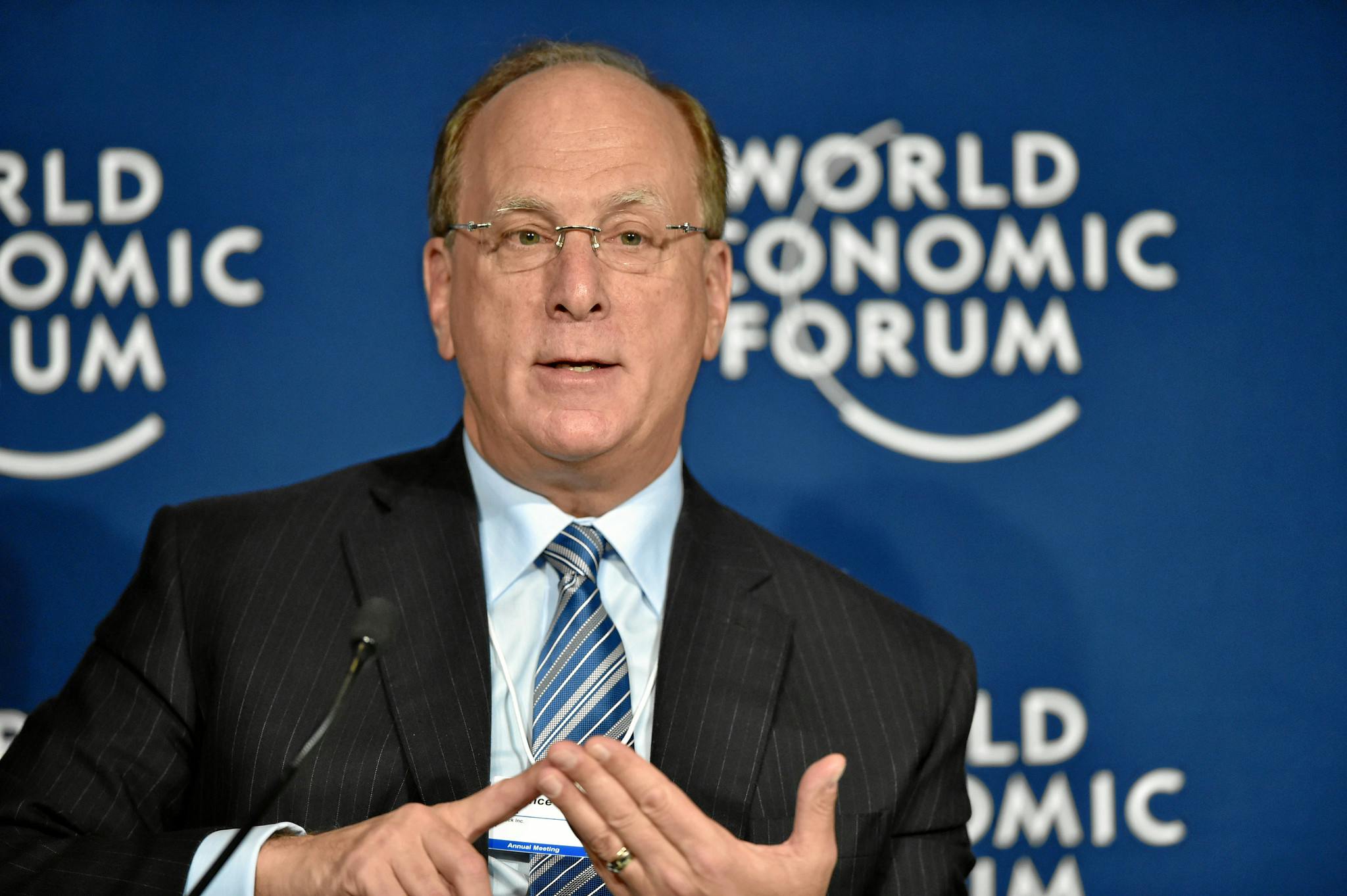On Monday night, BlackRock Chairman and CEO Larry Fink released his annual letter to CEOs.
The takeaway? The power of capitalism is to deliver prosperity. And in today’s capitalism, the way to hold onto power is to have purpose.
Businesses working to help the world decarbonise and make the renewable energy transition are phoenixes, The American billionaire said.
But, by hindering the net-zero transition, businesses risk going “the way of the dodo.” Meaning: extinct.
A carbon-free future
Each year, Mr Fink writes a letter to CEOs hoping for insight into BlackRock’s outlook on business.
In his annual letter, Mr Fink said businesses, cities and countries that do not plan for a carbon-free future risked being left behind.
“Stakeholder capitalism is not about politics. It is not a social or ideological agenda. It is not ‘woke’,” he wrote. “We focus on sustainability not because we’re environmentalists, but because we are capitalists and fiduciaries to our clients.”
Mr Fink wrote: “It is through effective stakeholder capitalism that capital is efficiently allocated, companies achieve durable profitability, and value is created and sustained over the long term.
“Make no mistake, the fair pursuit of profit is still what animates markets; and long-term profitability is the measure by which markets will ultimately determine your company’s success.”
In 2020, Mr Fink shocked many by announcing BlackRock would be placing climate change and sustainability at the centre of its investment approach.
BlackRock’s shift included dumping stocks in companies invested in coal. The investment fund demanded that companies it invests in outline their climate change risks, contribution to emissions and plans to reduce them.
Unicorns, Dodos and Phoenixes
Mr Fink has told CEOs that the unfolding global transition cannot be avoided.
Rather, they can take steps to recast themselves as unicorns, phoenixes or dodos.
“The next 1,000 unicorns won’t be search engines or social media companies; they’ll be sustainable, scalable innovators – startups that help the world decarbonise and make the energy transition affordable for all consumers”, adding that established companies should strive to do the same.”
A unicorn is a privately held startup company valued at over $1 billion. The term is often applied to successful startups.
He said a “tectonic shift” had happened in recent years, with sustainable investments globally reaching $4 trillion.
Mr Fink continued: “Our question to these companies is: what are you doing to disrupt your business? How are you preparing for and participating in the net-zero transition? As your industry gets transformed by the energy transition, will you go the way of the dodo, or will you be a phoenix?”
The rise of ESG investment
BlackRock’s shift is part of a growing movement of ESG investment and “stakeholder” capitalism.
ESG stands for Environmental, Social and corporate Governance. The term is generally used to describe a set of standards/principles for a company’s operations. Investors use this standard to screen potential investments.
- Environmental – focuses on a company’s environmental impact, e.g., its energy use, waste and carbon emissions.
- Social – focuses on a company’s business relationships. e.g., its relationships with suppliers, its employees and their working conditions.
- Corporate Governance – focuses on the decision-making and management of a company. e.g., its structure and purpose, transparency, board makeup and reporting.
ESG is sometimes referred to as “sustainable investment” or “corporate responsibility”. The rise of ESG standards over the last 12 months cannot be understated.
More frequent extreme weather and social justice issues contributed to ESG rising to the top of the agenda. In 2021, investors, companies and policymakers all started paying attention.
The Responsible Investment Association Australasia (RIAA) recently released its Financial Adviser Guide to Responsible Investment report. The report highlighted a significant increase in client demand for ethical investment options.
RIAA chief executive Simon O’Connor said, “The rapid growth in responsible investment has been driven by client demand and strong investment outcomes, with clear evidence that responsible investments deliver stronger risk-adjusted returns.”
As capitalism refocuses, companies with their heads in the sand risk death by starvation by major capital funds and consumers.
Read more: Let’s Talk: Simple ways to make your business more sustainable
Keep up to date with our stories on LinkedIn, Twitter, Facebook and Instagram.

